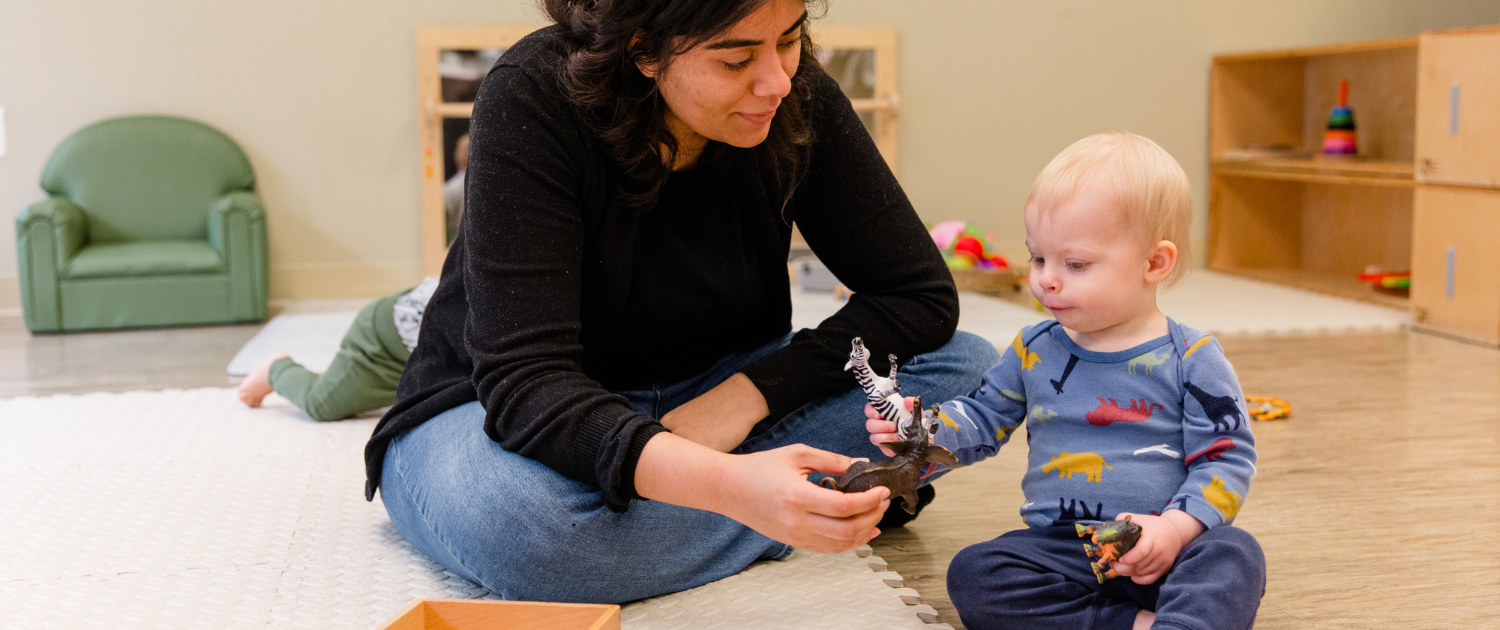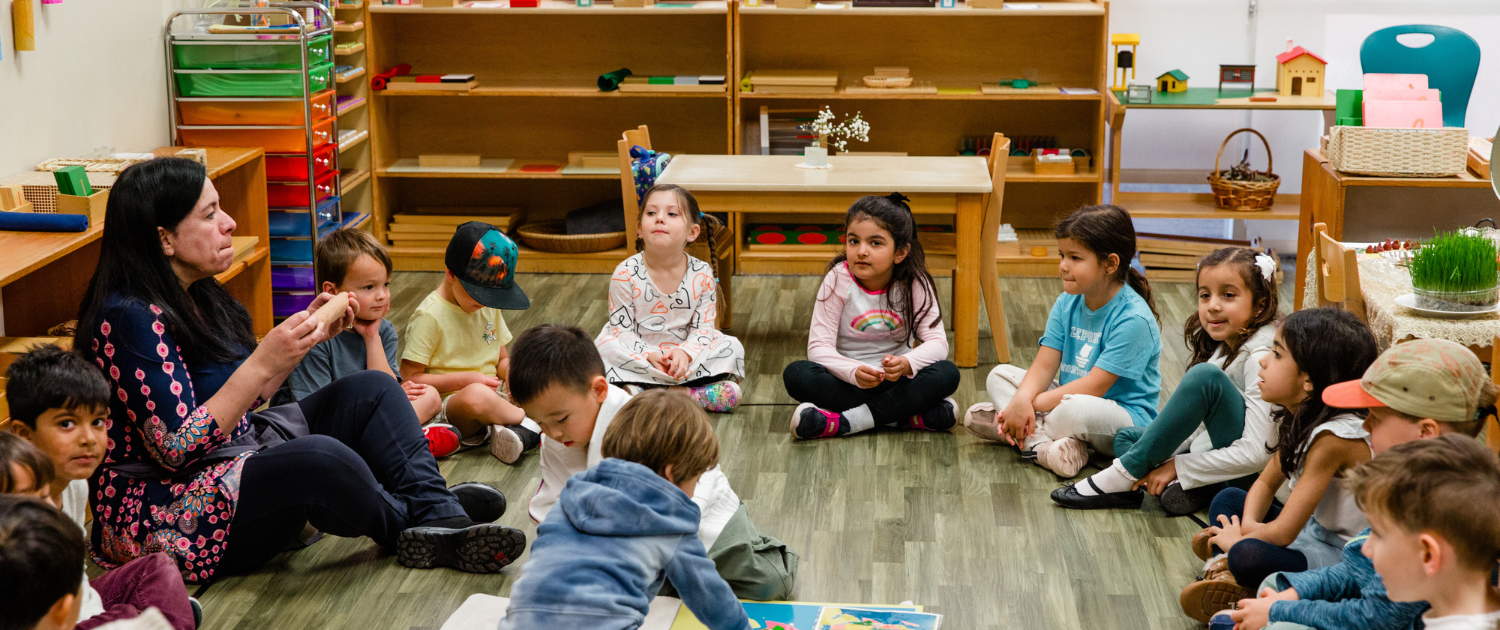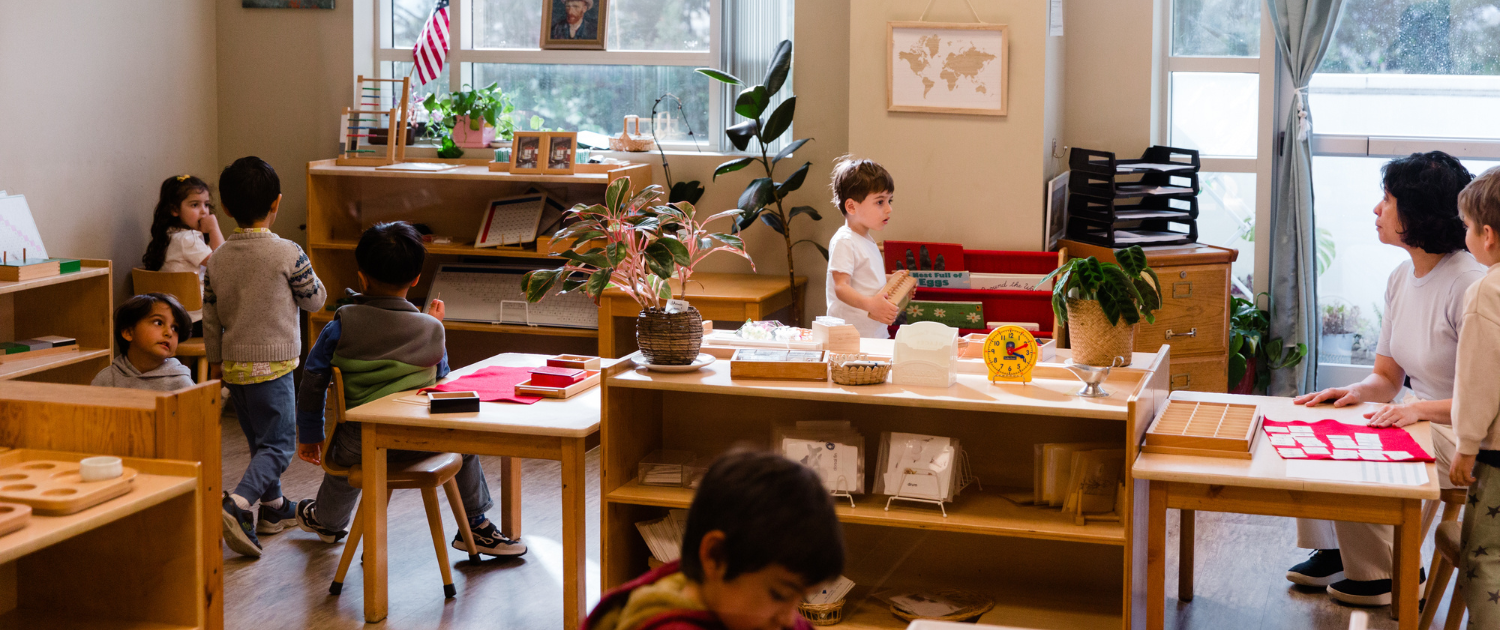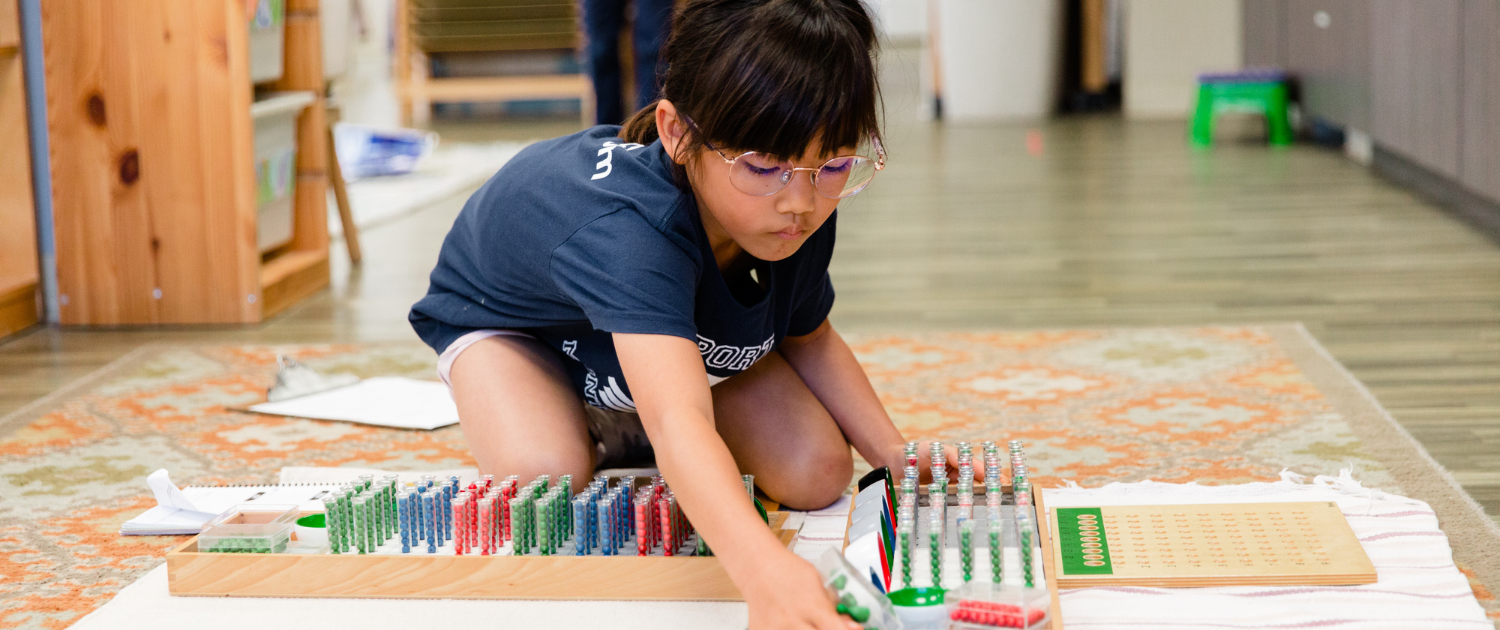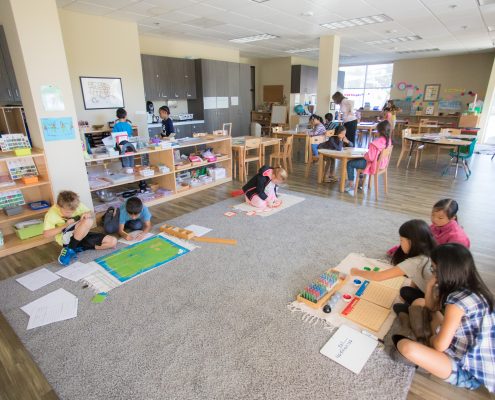 https://www.leportschools.com/wp-content/uploads/2017/04/RKU_0270.jpg
2000
3000
Alex Yan
/wp-content/uploads/2017/07/leport-montessori.png
Alex Yan2025-01-31 05:18:542025-05-21 06:30:52Montessori Education Week – 2025
https://www.leportschools.com/wp-content/uploads/2017/04/RKU_0270.jpg
2000
3000
Alex Yan
/wp-content/uploads/2017/07/leport-montessori.png
Alex Yan2025-01-31 05:18:542025-05-21 06:30:52Montessori Education Week – 2025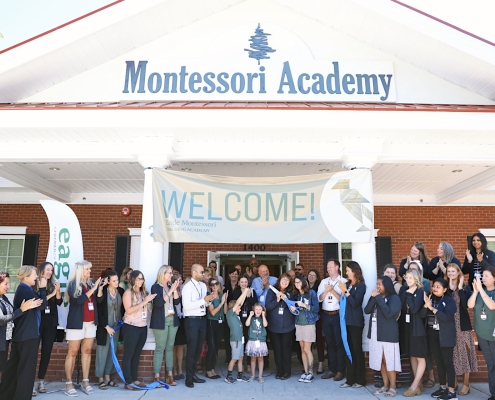 https://www.leportschools.com/wp-content/uploads/2024/03/emilykeeney.spring.aug_.23-sneakpeek-12.jpg
1280
1920
Katie
/wp-content/uploads/2017/07/leport-montessori.png
Katie2024-03-26 23:02:242025-05-12 13:47:09EMTA receives American Montessori Society Affiliation and MACTE Accreditation
https://www.leportschools.com/wp-content/uploads/2024/03/emilykeeney.spring.aug_.23-sneakpeek-12.jpg
1280
1920
Katie
/wp-content/uploads/2017/07/leport-montessori.png
Katie2024-03-26 23:02:242025-05-12 13:47:09EMTA receives American Montessori Society Affiliation and MACTE Accreditation https://www.leportschools.com/wp-content/uploads/2024/02/2021-08-10-10-49-54-S1-P1547155-R_Unten.jpg
1333
2000
Katie
/wp-content/uploads/2017/07/leport-montessori.png
Katie2024-02-26 17:44:332024-02-06 18:40:33Embark on a Montessori Summer Adventure at LePort: Ignite Passion, Foster Mastery
https://www.leportschools.com/wp-content/uploads/2024/02/2021-08-10-10-49-54-S1-P1547155-R_Unten.jpg
1333
2000
Katie
/wp-content/uploads/2017/07/leport-montessori.png
Katie2024-02-26 17:44:332024-02-06 18:40:33Embark on a Montessori Summer Adventure at LePort: Ignite Passion, Foster Mastery https://www.leportschools.com/wp-content/uploads/2023/12/emilykeeney.evergreen.web-res-8-1-scaled.jpg
1706
2560
Katie
/wp-content/uploads/2017/07/leport-montessori.png
Katie2024-01-22 08:08:102025-05-15 12:55:34Celebrate Montessori Education Week – 2024
https://www.leportschools.com/wp-content/uploads/2023/12/emilykeeney.evergreen.web-res-8-1-scaled.jpg
1706
2560
Katie
/wp-content/uploads/2017/07/leport-montessori.png
Katie2024-01-22 08:08:102025-05-15 12:55:34Celebrate Montessori Education Week – 2024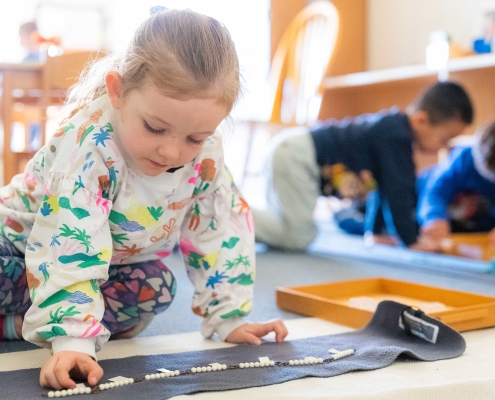 https://www.leportschools.com/wp-content/uploads/2023/03/2022-11-16-11-42-49-S1-P1937582-1-scaled.jpg
1707
2560
Katie
/wp-content/uploads/2017/07/leport-montessori.png
Katie2023-03-09 16:38:302025-05-15 12:55:06The Uninterrupted Work Period in Montessori
https://www.leportschools.com/wp-content/uploads/2023/03/2022-11-16-11-42-49-S1-P1937582-1-scaled.jpg
1707
2560
Katie
/wp-content/uploads/2017/07/leport-montessori.png
Katie2023-03-09 16:38:302025-05-15 12:55:06The Uninterrupted Work Period in Montessori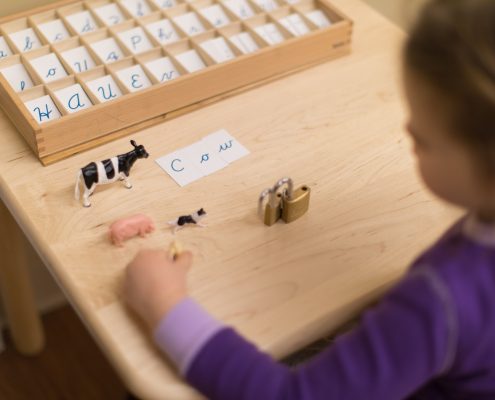 https://www.leportschools.com/wp-content/uploads/2018/01/cobblehill_rku_3914.jpg
2000
3000
LePort Montessori
/wp-content/uploads/2017/07/leport-montessori.png
LePort Montessori2021-02-24 15:19:382021-02-25 14:28:25Language in a Primary Montessori Classroom
https://www.leportschools.com/wp-content/uploads/2018/01/cobblehill_rku_3914.jpg
2000
3000
LePort Montessori
/wp-content/uploads/2017/07/leport-montessori.png
LePort Montessori2021-02-24 15:19:382021-02-25 14:28:25Language in a Primary Montessori Classroom https://www.leportschools.com/wp-content/uploads/2018/08/LPT_6524.jpg
1333
2000
LePort Montessori
/wp-content/uploads/2017/07/leport-montessori.png
LePort Montessori2018-08-03 15:28:382021-01-22 13:50:03Packing School Lunches
https://www.leportschools.com/wp-content/uploads/2018/08/LPT_6524.jpg
1333
2000
LePort Montessori
/wp-content/uploads/2017/07/leport-montessori.png
LePort Montessori2018-08-03 15:28:382021-01-22 13:50:03Packing School Lunches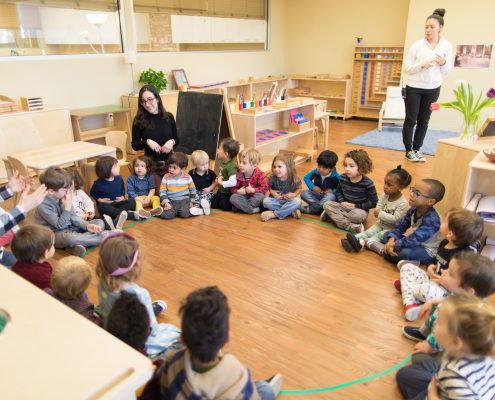 https://www.leportschools.com/wp-content/uploads/2017/12/rku_4140.jpg
2000
3000
LePort Montessori
/wp-content/uploads/2017/07/leport-montessori.png
LePort Montessori2017-12-07 12:09:272023-01-24 11:30:57Why Larger Classroom Communities Work in Montessori (Part 2 of 2)
https://www.leportschools.com/wp-content/uploads/2017/12/rku_4140.jpg
2000
3000
LePort Montessori
/wp-content/uploads/2017/07/leport-montessori.png
LePort Montessori2017-12-07 12:09:272023-01-24 11:30:57Why Larger Classroom Communities Work in Montessori (Part 2 of 2)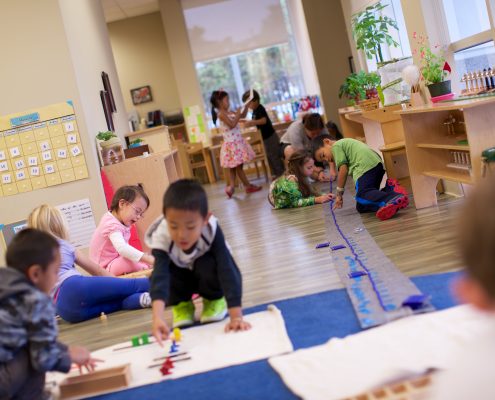 https://www.leportschools.com/wp-content/uploads/2016/07/RKU_0217.jpg
3840
5760
LePort Montessori
/wp-content/uploads/2017/07/leport-montessori.png
LePort Montessori2017-12-04 10:34:412017-12-07 13:16:50Why Larger Classroom Communities Work in Montessori (Part 1 of 2)
https://www.leportschools.com/wp-content/uploads/2016/07/RKU_0217.jpg
3840
5760
LePort Montessori
/wp-content/uploads/2017/07/leport-montessori.png
LePort Montessori2017-12-04 10:34:412017-12-07 13:16:50Why Larger Classroom Communities Work in Montessori (Part 1 of 2) https://www.leportschools.com/wp-content/uploads/2014/09/Nursery.jpg
2293
4392
LePort Montessori
/wp-content/uploads/2017/07/leport-montessori.png
LePort Montessori2014-09-11 10:42:212025-06-23 07:56:50Setting up your home for Montessori baby
https://www.leportschools.com/wp-content/uploads/2014/09/Nursery.jpg
2293
4392
LePort Montessori
/wp-content/uploads/2017/07/leport-montessori.png
LePort Montessori2014-09-11 10:42:212025-06-23 07:56:50Setting up your home for Montessori baby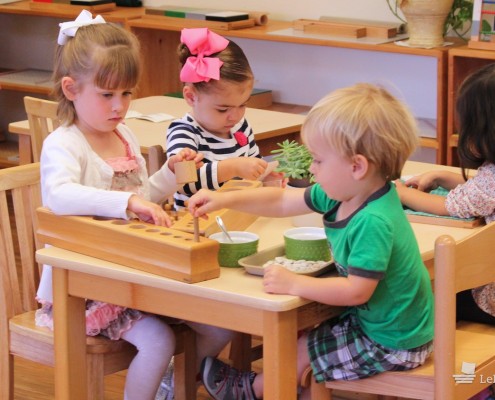 https://www.leportschools.com/wp-content/uploads/2014/08/IMG_7269.jpg
844
1500
LePort Montessori
/wp-content/uploads/2017/07/leport-montessori.png
LePort Montessori2014-09-02 13:45:532025-06-23 07:53:52Discipline in the Montessori Classroom (2 of 2)
https://www.leportschools.com/wp-content/uploads/2014/08/IMG_7269.jpg
844
1500
LePort Montessori
/wp-content/uploads/2017/07/leport-montessori.png
LePort Montessori2014-09-02 13:45:532025-06-23 07:53:52Discipline in the Montessori Classroom (2 of 2)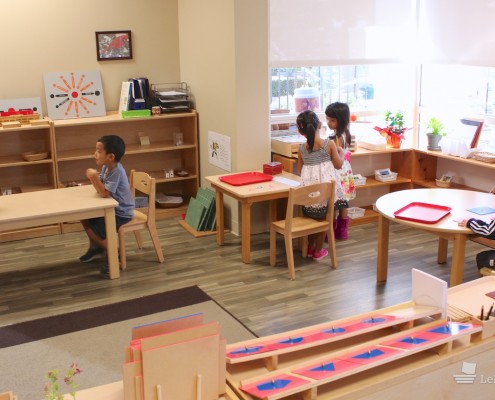 https://www.leportschools.com/wp-content/uploads/2014/08/IMG_7337.jpg
843
1500
LePort Montessori
/wp-content/uploads/2017/07/leport-montessori.png
LePort Montessori2014-08-10 01:10:002025-06-23 07:54:36Discipline in the Montessori Classroom (1 of 2)
https://www.leportschools.com/wp-content/uploads/2014/08/IMG_7337.jpg
843
1500
LePort Montessori
/wp-content/uploads/2017/07/leport-montessori.png
LePort Montessori2014-08-10 01:10:002025-06-23 07:54:36Discipline in the Montessori Classroom (1 of 2)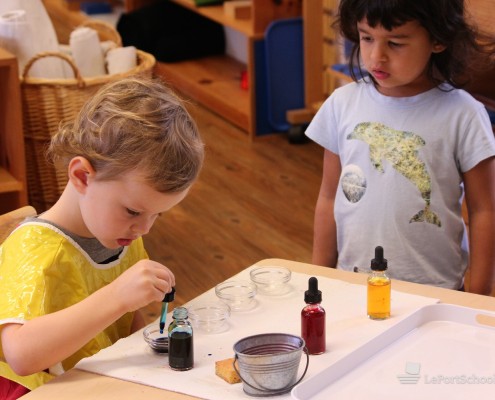 https://www.leportschools.com/wp-content/uploads/2014/06/Key-photo-Part-3.jpg
1000
1500
LePort Montessori
/wp-content/uploads/2017/07/leport-montessori.png
LePort Montessori2014-06-30 14:03:102025-07-10 13:38:53To Share or Not to Share? (Part 3 of 3)
https://www.leportschools.com/wp-content/uploads/2014/06/Key-photo-Part-3.jpg
1000
1500
LePort Montessori
/wp-content/uploads/2017/07/leport-montessori.png
LePort Montessori2014-06-30 14:03:102025-07-10 13:38:53To Share or Not to Share? (Part 3 of 3)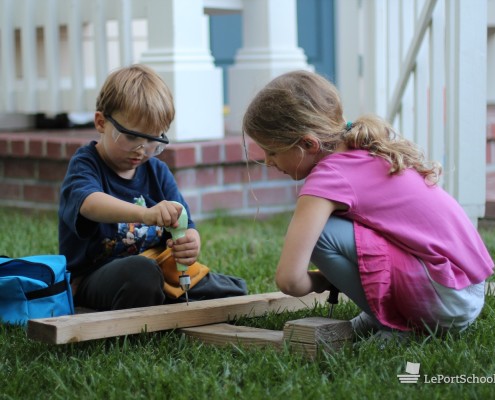 https://www.leportschools.com/wp-content/uploads/2014/06/IMG_7610.jpg
1000
1500
LePort Montessori
/wp-content/uploads/2017/07/leport-montessori.png
LePort Montessori2014-06-30 13:41:492025-07-10 13:38:42To Share or Not to Share? (Part 2 of 3)
https://www.leportschools.com/wp-content/uploads/2014/06/IMG_7610.jpg
1000
1500
LePort Montessori
/wp-content/uploads/2017/07/leport-montessori.png
LePort Montessori2014-06-30 13:41:492025-07-10 13:38:42To Share or Not to Share? (Part 2 of 3)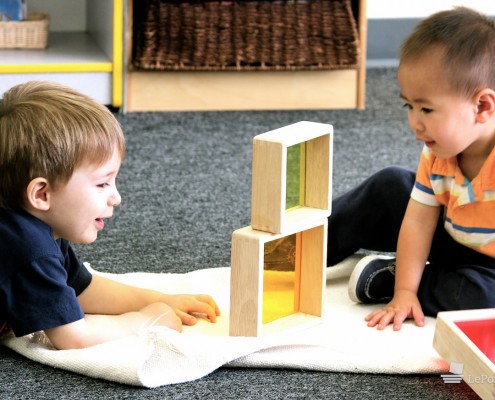 https://www.leportschools.com/wp-content/uploads/2014/06/Key-photo-Part-1.jpg
873
1500
LePort Montessori
/wp-content/uploads/2017/07/leport-montessori.png
LePort Montessori2014-06-30 12:54:182025-07-10 13:38:40To Share or Not to Share? (Part 1 of 3)
https://www.leportschools.com/wp-content/uploads/2014/06/Key-photo-Part-1.jpg
873
1500
LePort Montessori
/wp-content/uploads/2017/07/leport-montessori.png
LePort Montessori2014-06-30 12:54:182025-07-10 13:38:40To Share or Not to Share? (Part 1 of 3)
